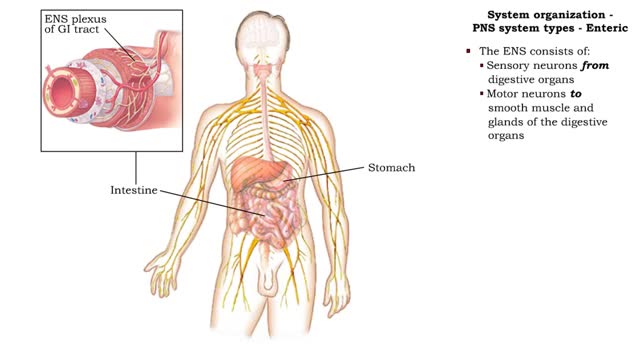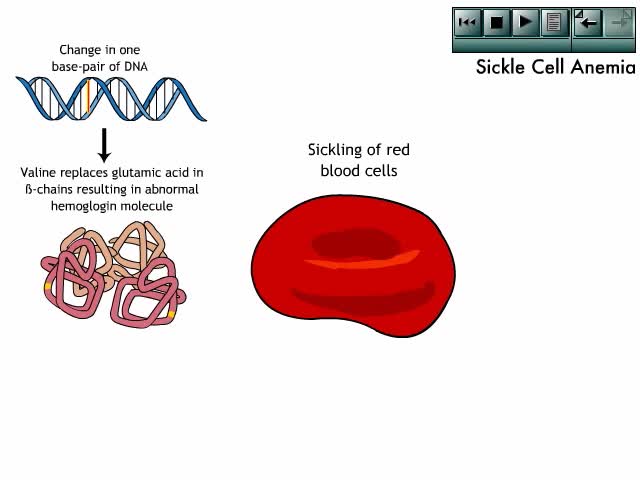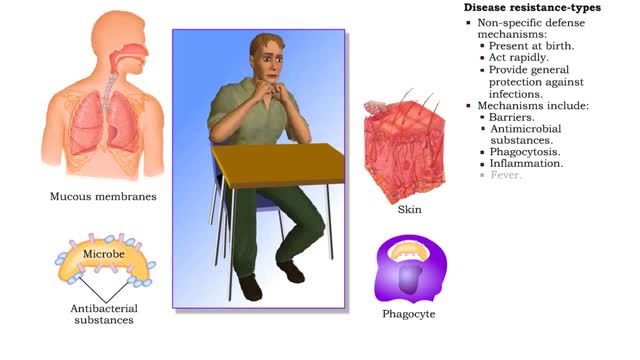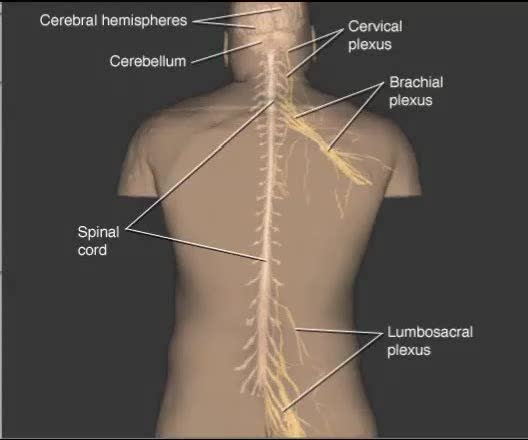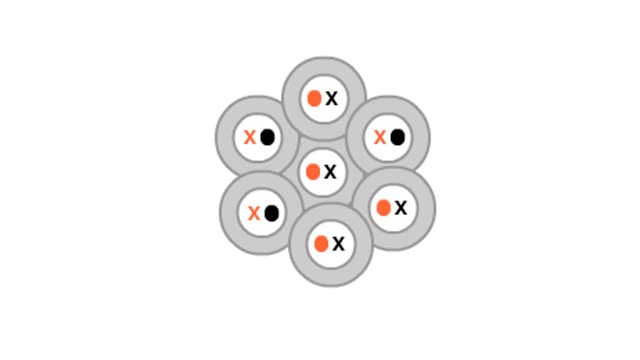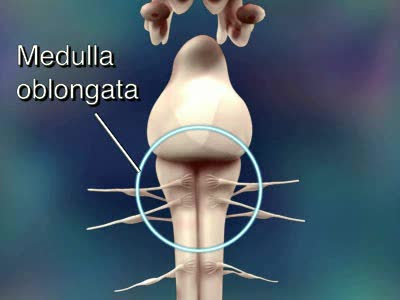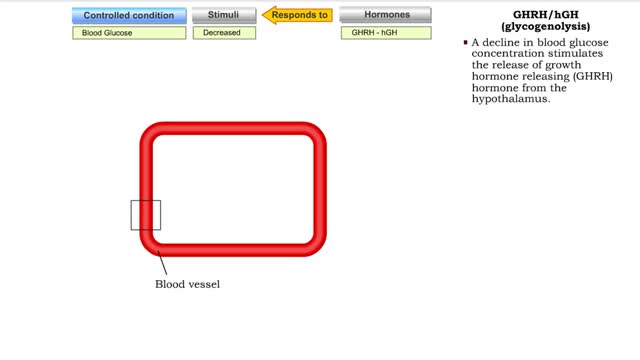Search Results
Results for: 'plant body'
Interview with an Anorexic Woman (Part 2 of 2)
By: Administrator, Views: 14139
Anorexia is a psychological disorder that affects an individual’s relationship with food and causes an unrealistic view of one’s body image. It affects both men and women of all ages but is more prevalent in women, with 0.3 – 1.0% of all women being affected. The age of onset tends to be mi...
System organization - PPM system types (Somatic, Autonomic & Enteric) and Reflex arc types
By: HWC, Views: 11252
• The PNS consists of all nervous tissue outside of the CNS. • It is divided into three functional components: • Somatic nervous system (SNS) • Autonomic nervous system (ANS) • Enteric nervous system (ENS) • The SNS consists of: • Sensory neurons from skeletal muscles ...
By: Administrator, Views: 14041
The clinical manifestations of sickle cell anemia result from pathologic changes to structures and systems throughout the body.
Types of disease resistance: innate defenses & immunity
By: HWC, Views: 11349
Our immune system protects us and helps fight off disease. Microorganisms, small microscopic organisms, and viruses are everywhere. Ever thought about how many are on that door you just opened? Many microbes and viruses can cause disease and are termed pathogens. Plants and animals have what i...
Components of the Nervous System
By: Administrator, Views: 539
The nervous system is the part of an animal that coordinates its actions by transmitting signals to and from different parts of its body. The nervous system detects environmental changes that impact the body, then works in tandem with the endocrine system to respond to such events. Nervous tissue...
Cell mediated immune response to a viral infection Animation
By: HWC, Views: 6985
Intracellular pathogens are the targets of cell-mediated immune response. The process begins when a virus infects a macrophage. Another macrophage engulfs the same virus or an antigen from it. In both cells, enzymes cleave the viral antigens into small bits. The fragments move to the cell sur...
X chromosome inactivation in calico cats
By: HWC, Views: 8021
X chromosome inactivation causes a mosaic tissue effect in calico cats. what makes this female calico cat "calico." Like all mammals, this cat began her life as a single cell. That cell had two X chromosomes, one from each parent. One of the chromosomes carried a dominant allele for the ...
Central Nervous System Animation
By: Administrator, Views: 14195
Consists of the brain and spinal cord. CNS receives impulses from throughout the body processes the information responds with an appropriate action Brain and spinal cord can be divided into: gray matter (unsheathed cell bodies and true dendrites) white matter (myelinated nerve fibers) ...
Hormonal feedback loop components & Glucagon (glycogenolysis and gluconeogenesis)
By: HWC, Views: 10843
The endocrine system maintains many body conditions within normal limits with feedback loops. Each endocrine feedback loop maintains homeostasis using the following components: • Stimulus - a change in a body condition. • Production cell - an endocrine cell that produces a hormone after ...
Advertisement




